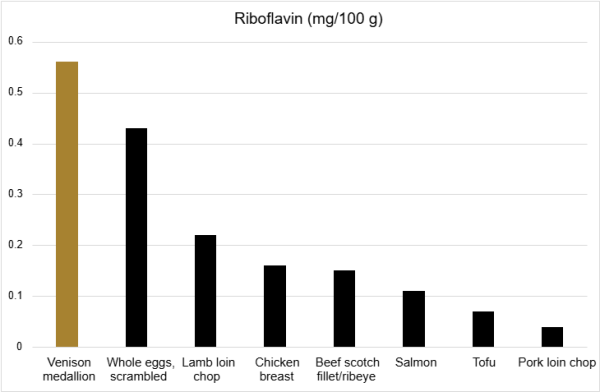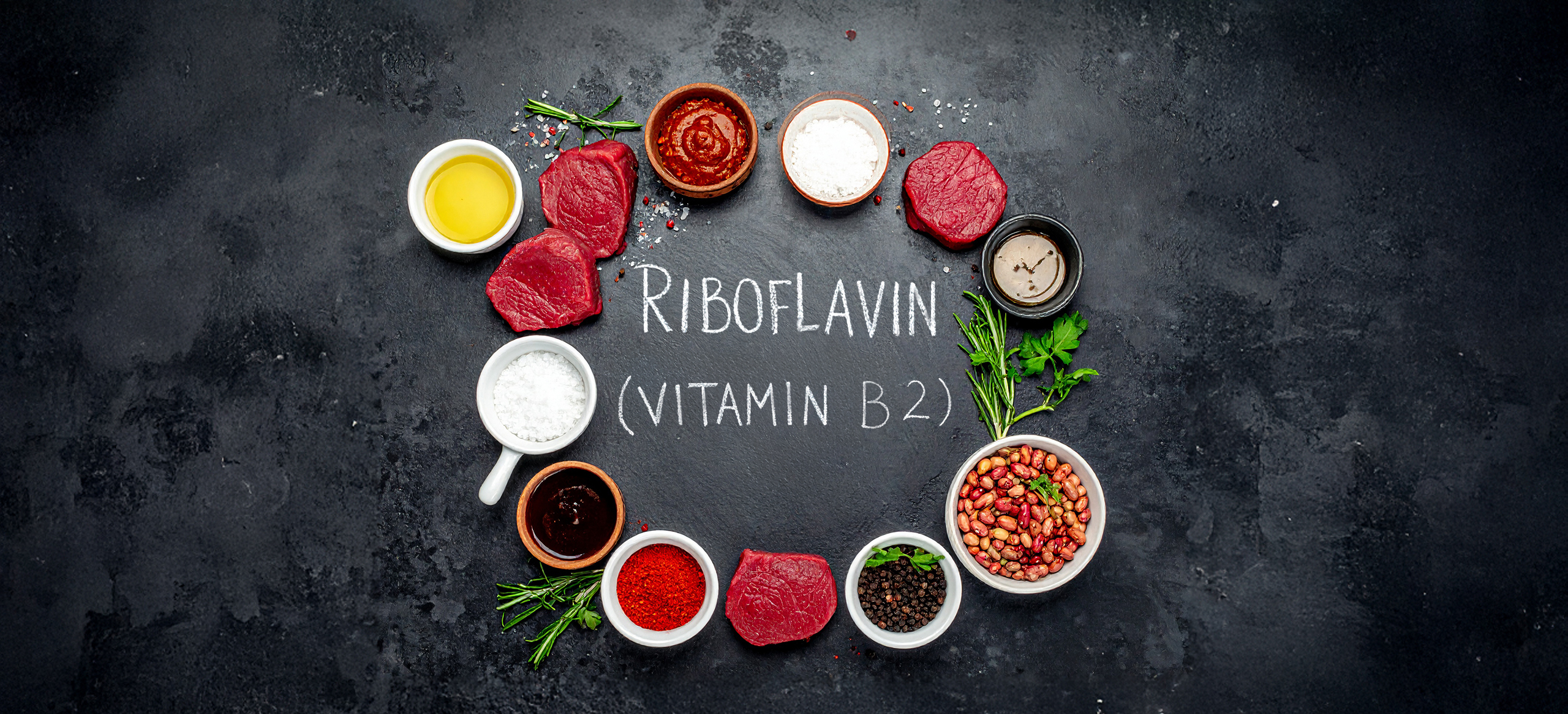Understanding Riboflavin: The Energy Vitamin Your Body Relies On
When most people think about vitamins essential to human health, they often focus on the more well-known nutrients like vitamin C, vitamin D, or vitamin B12. Yet one of the unsung heroes of the vitamin world is riboflavin, also known as vitamin B2. This water-soluble vitamin plays a critical role in how our bodies turn food into energy, maintain cellular function, and protect us from oxidative stress. Despite being less talked about, riboflavin is vital for keeping the body running smoothly.
What is Riboflavin?
Riboflavin belongs to the B-vitamin family, a group of nutrients primarily involved in energy production and metabolism. Unlike fat-soluble vitamins that can be stored in the body for longer periods, riboflavin is water-soluble, meaning it dissolves in water and is excreted in urine if not used right away. Because of this, a steady dietary intake is essential.

Source: The New Zealand Food Composition Database.
Why Riboflavin Matters
1.Energy Production
Riboflavin helps form two key coenzymes: flavin adenine dinucleotide (FAD) and flavin mononucleotide (FMN). These coenzymes are involved in reactions that break down carbohydrates, fats, and proteins into usable energy. Without enough riboflavin, the body struggles to unlock energy from food efficiently.
2.Antioxidant Protection
Riboflavin is involved in the metabolism of glutathione, one of the body’s most important antioxidants. This helps neutralize free radicals and protect cells from oxidative damage, which is linked to aging and chronic diseases.
3.Growth and Development
Riboflavin supports healthy cell growth, tissue repair, and reproduction. It is especially important during periods of rapid growth such as childhood, adolescence, and pregnancy.
4.Skin, Eyes, and Nervous System Health
Adequate riboflavin contributes to healthy skin and mucous membranes, protects vision by reducing risk of cataracts, and plays a role in maintaining proper nervous system function.
Signs of Riboflavin Deficiency
Though riboflavin deficiency is rare in developed countries, it can occur, especially in people with poor diets, chronic illnesses, or alcohol dependence. Symptoms may include:
- Cracks and sores around the mouth and lips (cheilitis)
- Inflamed tongue (glossitis)
- Fatigue and weakness
- Skin disorders or irritation
- Sensitivity to light and eye strain
Left untreated, deficiency can interfere with iron metabolism and contribute to anemia.
How Much Riboflavin Do We Need?
The Recommended Dietary Allowance (RDA) for riboflavin varies by age and sex:
- Adult men: 1.3 mg per day
- Adult women: 1.1 mg per day
- Pregnant women: 1.4 mg per day
- Breastfeeding women: 1.6 mg per day
Since riboflavin is water-soluble and not stored in large amounts, it’s important to consume it regularly.
Best Food Sources of Riboflavin
Fortunately, riboflavin is widely available in both animal and plant-based foods. Top sources include:
- Meats: Liver, beef, lamb, venison
- Dairy: Milk, yogurt, cheese
- Fish: Salmon, trout
- Eggs
- Plant Sources: Almonds, mushrooms, spinach, fortified cereals, whole grains
Because cooking and exposure to light can reduce riboflavin levels, it’s best to store foods properly and avoid overcooking when possible.
Who is Most at Risk of Low Riboflavin?
- Vegetarians and vegans who avoid dairy and eggs without consuming fortified foods
- Pregnant and breastfeeding women with higher nutrient demands
- Athletes with increased energy metabolism
- Older adults who may eat less varied diets
Ensuring adequate intake through diet—or supplements if necessary—helps prevent deficiency in these groups.
The Bottom Line
Riboflavin may not make headlines, but it is a cornerstone of good health. From producing energy to defending against oxidative stress, supporting growth, and maintaining healthy skin and eyes, vitamin B2 has a wide-ranging impact on the body. By including riboflavin-rich foods such as lean meats, dairy, fish, eggs, nuts, and leafy greens in your daily meals, you can help ensure your body gets the support it needs to stay strong and energized. In short, riboflavin proves that even the less celebrated vitamins can play starring roles in a healthy, balanced diet.

